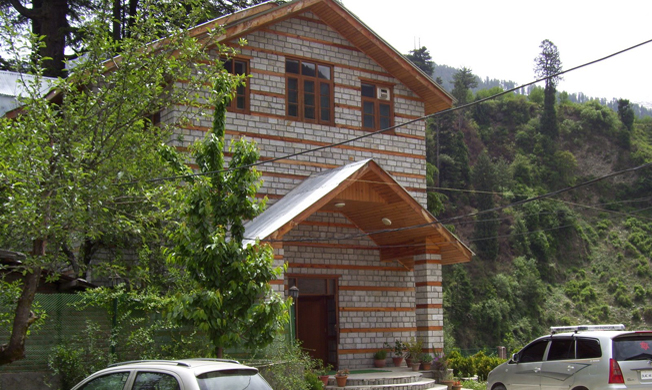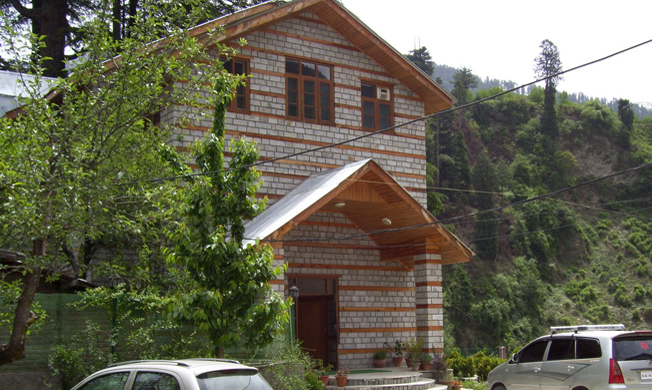
For anyone inheriting a property can sometimes be cumbersome if the papers are not in order. Most Indians although they like to pass on their property to their kins, don’t necessarily have a written Will, thus keeping scope for litigation and further complications, because this makes the title itself disputable. In this article we will be discussing a couple of documents which are required to inherit and transfer the title of the inherited property to one’s name.
Ideally, if there is a written Will naming the beneficiary of a particular property, the process to transfer the title to his name can be rather smooth. Although a Will is not required to be registered and can just be written on a plain piece of paper, a registered Will however makes it a valid document that can be presented in the court. So it is always recommended that the Will is registered.
Having said that, the Will is not the only document that will ensure the smooth transfer of the property. There are a couple of related documents which are also required. There has been cases where it took close to 5 years for the entire transfer process to be completed despite a written Will because a couple of the related documents were not in order. Here are some of them which are absolutely necessary:
KHATA: Khata is an account of assessment of a property, recording details about your property such as size, location, built up area, etc. for the purpose of payment of property tax. It is also a kind of identification of the person who is primarily liable for payment of tax. The difference between Khata and Title Deed is that the former is an account of assessment of a property for payment of tax only. Hence khata will not confer ownership of property, whereas Title Deed is the valid document which confers ownership on property.
LETTER OF ADMINISTRATION: This is a certificate granted by the competent court to an administrator authorising the executor of the Will to administer the estate of the deceased in accordance with the Will (in case of a written Will) or in accordance with law where the deceased had left no Will. In the event a Will does not name any executor, an application can be filed in the court for grant of Letter of Administration for the property. After the death of the testator, the grant of probate by Court establishes the executors right to represent the estate. Probate is the official evidence of the executor’s right to dispose off the property as per the terms of the Will. A probate is absolutely mandatory when the Will pertains to immovable properties situated in Mumbai, Calcutta or Chennai.
A SUCCESSION CERTIFICATE: In the absence of a Will, the heirs would need to obtain a Succession certificate from the court. The heirs need to submit various documents such as death certificate of the deceased, the birth certificate of the heirs, copy of the ration card, bank statement of the heirs, etc. These documents are needed to prove that the heirs are indeed the rightful successors of the property in question. Although a succession certificate is necessary, it is not always sufficient, to release the assets of the deceased. For these, a death certificate, letter of administration and no-objection certificates will also be needed.
OTHER DOCUMENTS: In case of ancestral properties where the original purchase deed, original purchase deed of property and registration documents are not available, one needs to procure certified copies of the title deed from the jurisdictional registrar’s office.
To get more information & assistance, please submit the form below and our specialist will get in touch with you at the earliest.







